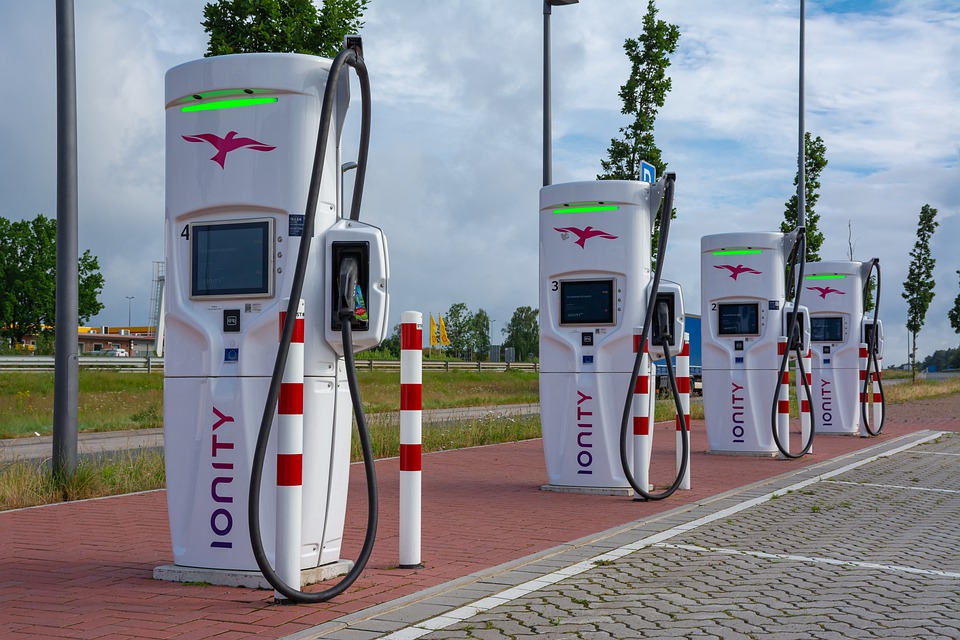If you do not want to or cannot own a new car due to lack of funds or other reasons, you may want to consider the options offered by an operational car lease. The finance company owns the car for the duration of the lease, and the customer returns the car to the finance company at the end of the agreed lease term.

What are the advantages and limitations?
The biggest benefit to the customer would be getting a new car for zero initial cost. You pick a car, pay the first slice, and then you can drive away. However, the leasing company will ask for proof of income and will also check to see if you are on the debtor\’s list. This security is certainly better than always expecting a surprise price hike, since the agreed-upon payment amount is usually not changed during the lease term.
One limitation is that periodic inspections and tire changes are only available at authorized maintenance shops. Cars can usually only be rented to family members or to people with the consent of the lending company. The specific terms and conditions are stated in the agreed upon contract.
What about maintenance and insurance?
Routine maintenance and seasonal tire changes are usually included in the rental price. Mandatory third-party liability and personal accident insurance is a standard part of the basic package. Normal wear and tear on the vehicle during the rental period is usually accepted, subject to specific conditions agreed upon in the contract. Major damage in the event of an accident is covered by mandatory liability or personal accident insurance.

How much do you charge?
Monthly payments are determined primarily by the purchase price of the vehicle and the mileage during the lease term. If you exceed the mileage specified in the contract, the leasing company will charge you for the excess.
All fuel and hydraulic fluids (washer fluid, brake fluid, ad blue) are to be paid by the user, as are fines.




